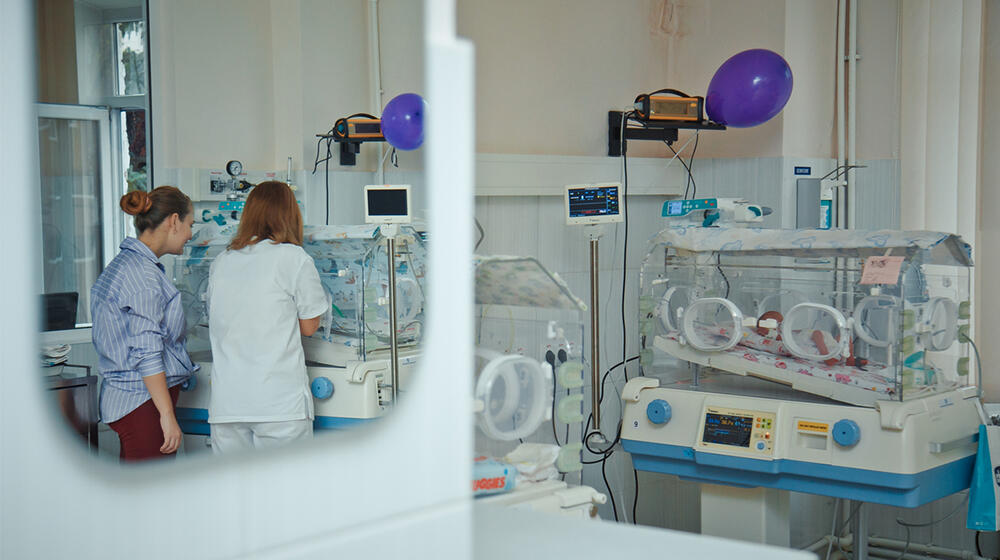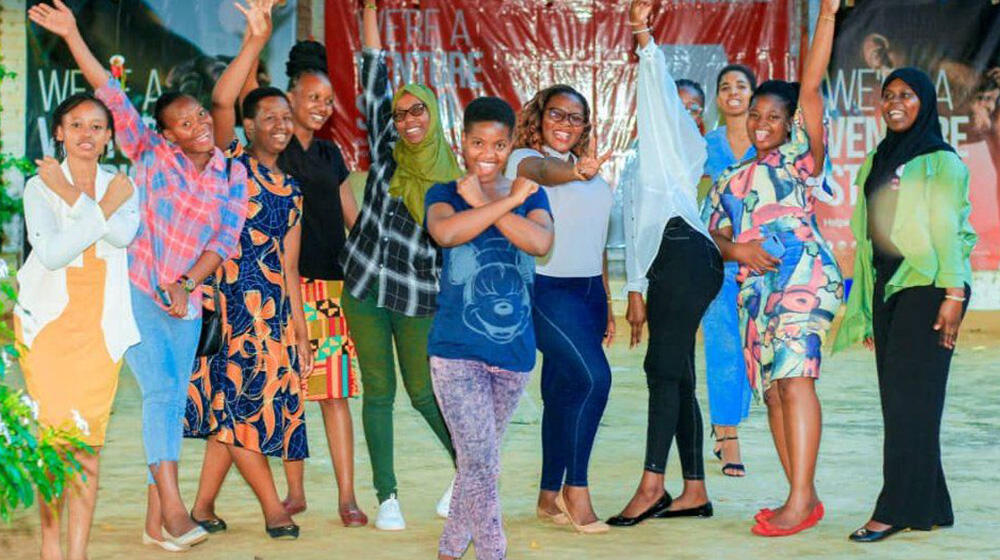
Moldova: Love across the border after two years of war in Ukraine
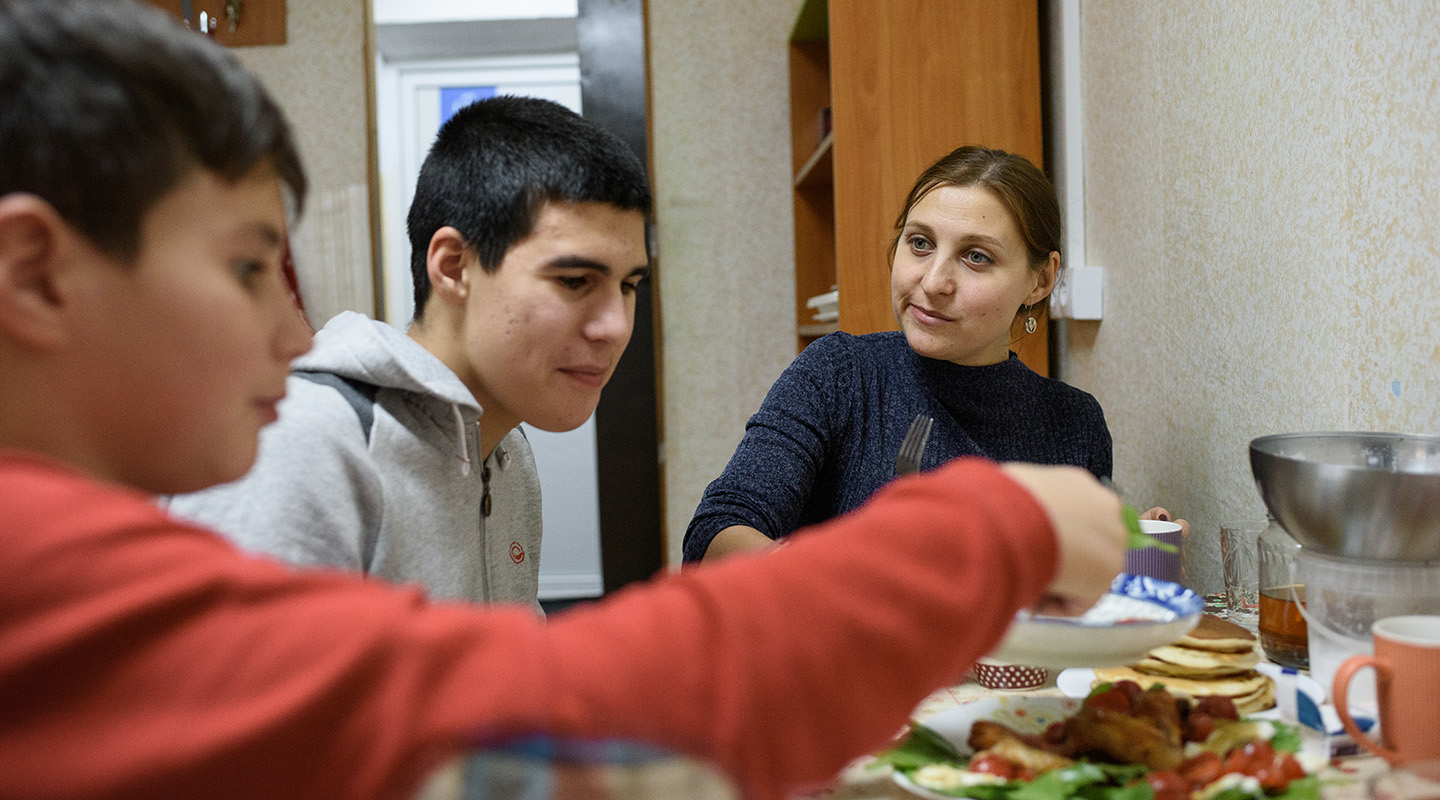
Back in May 2022, Svetlana and Ruslan, the parents of two boys in Ukraine, faced a difficult decision: to split up the family or risk harm to their sons.
Russia’s full-scale invasion of Ukraine was underway, and the family had left home in the city of Odesa, seeking safety with relatives in the coastal town of Zatoka. “In late April 2022, the bridge across the Dniester Estuary was attacked several nights in a row,” says Svetlana, 38. “We woke at night and everything inside was pounding. Really there was no choice. We decided that we couldn't go on like this, that I must take the children to Moldova.”
Ruslan, 41, had to stay behind, because men of military age are required to stay in Ukraine under martial law, which was invoked when Russia’s full-scale invasion began.
Svetlana and Ruslan have now been separated for 20 months. With February 2024 marking two years since the full-scale invasion began, they share how they live their lives in two different countries, and how they keep their family life and love going across the border.
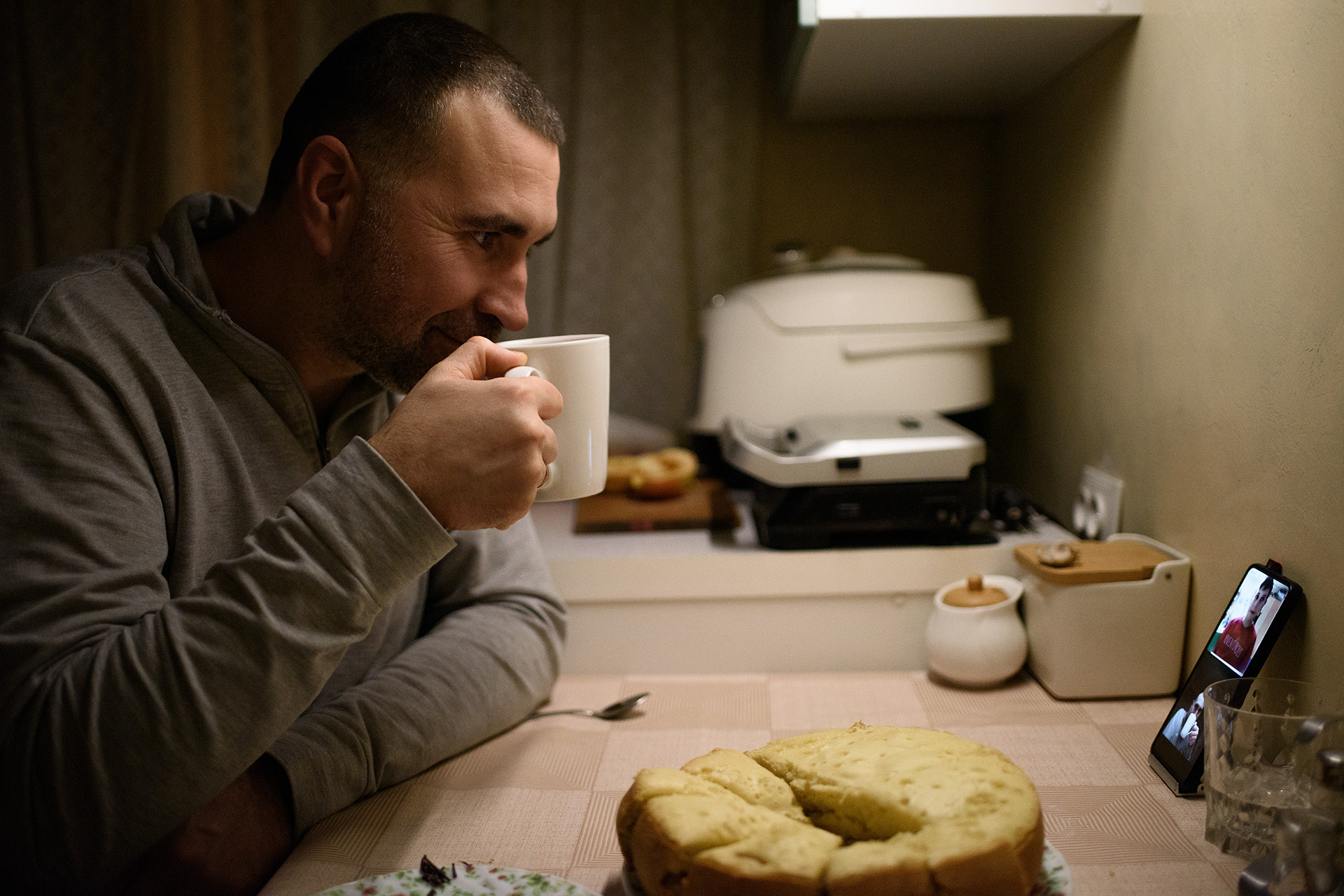

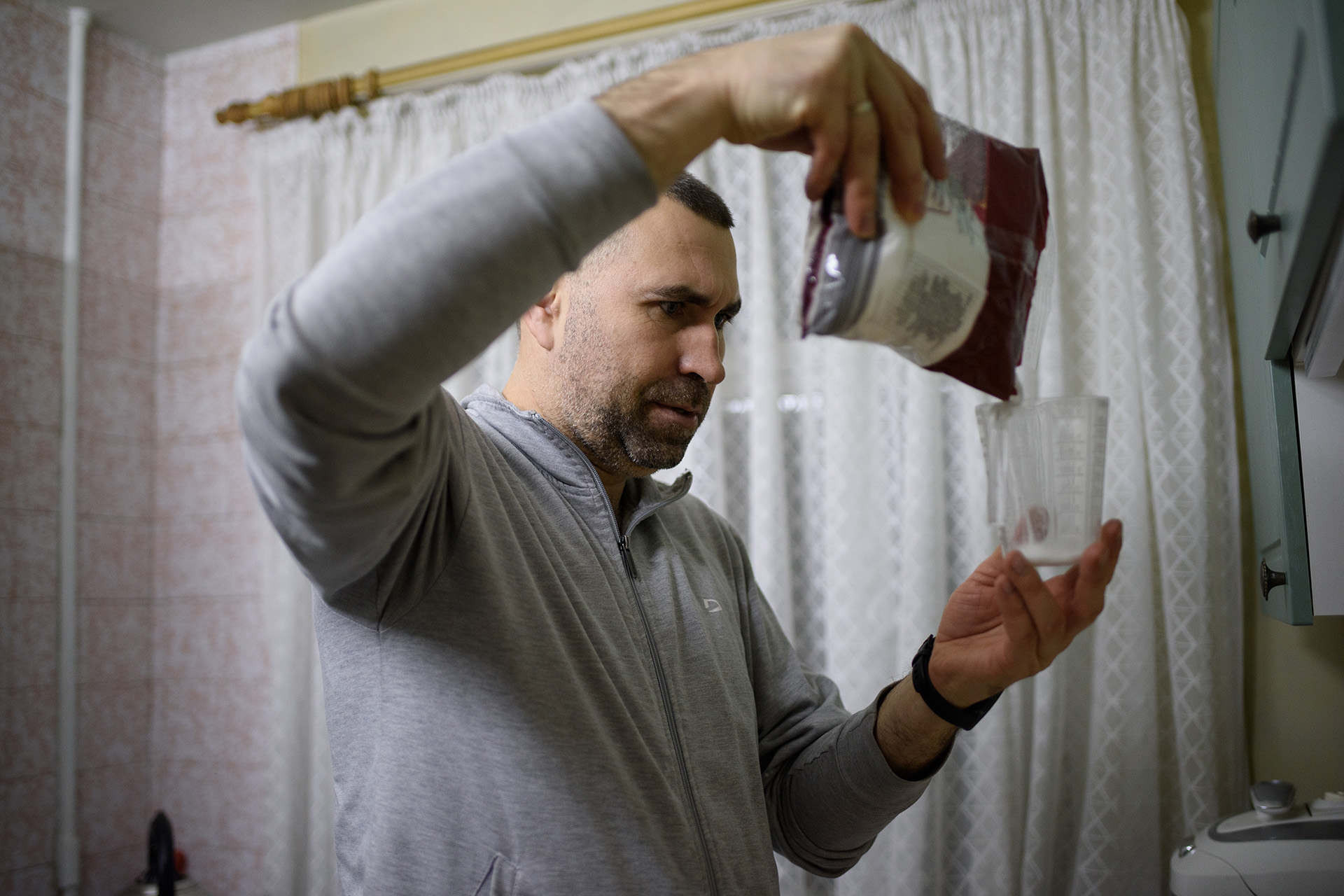
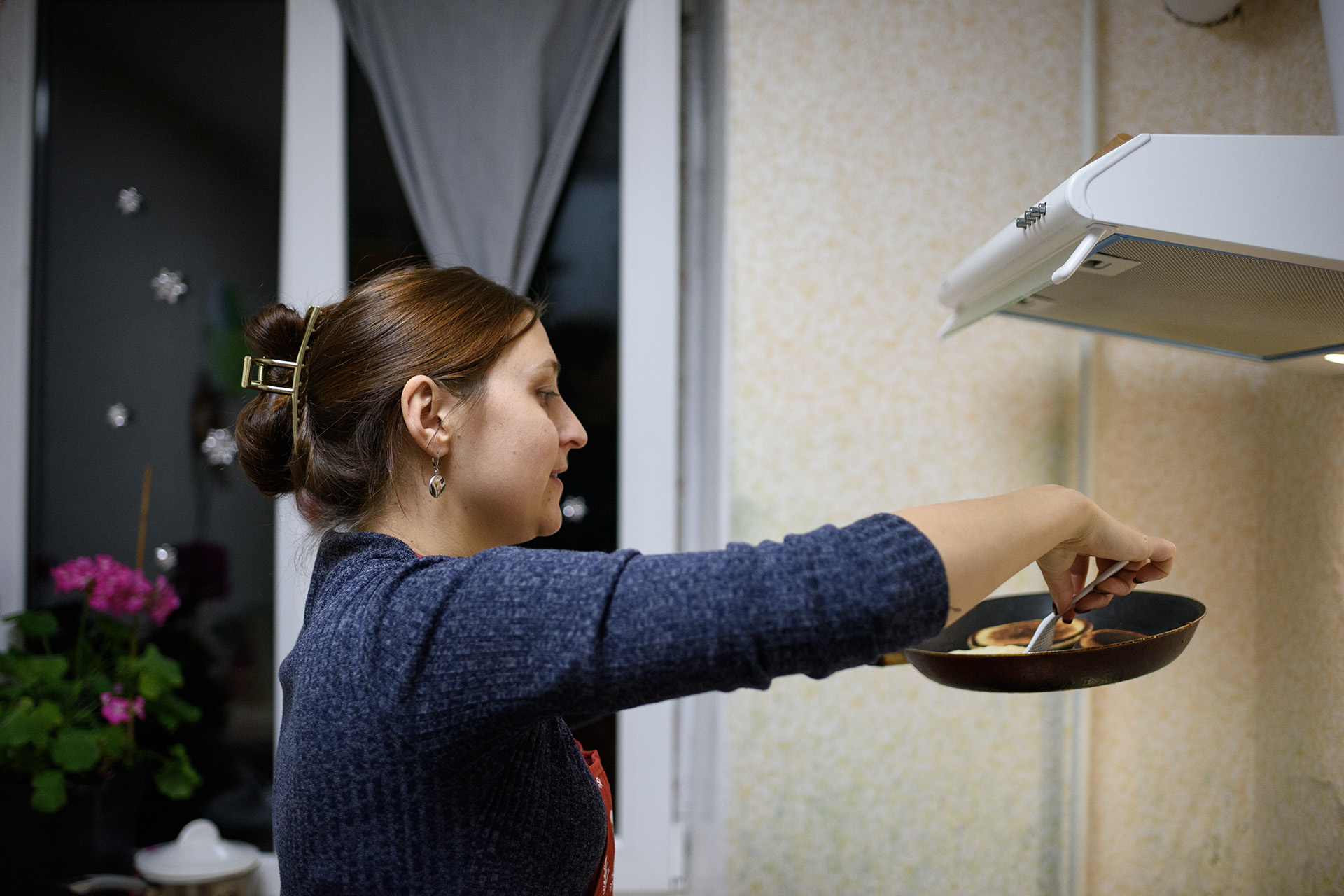
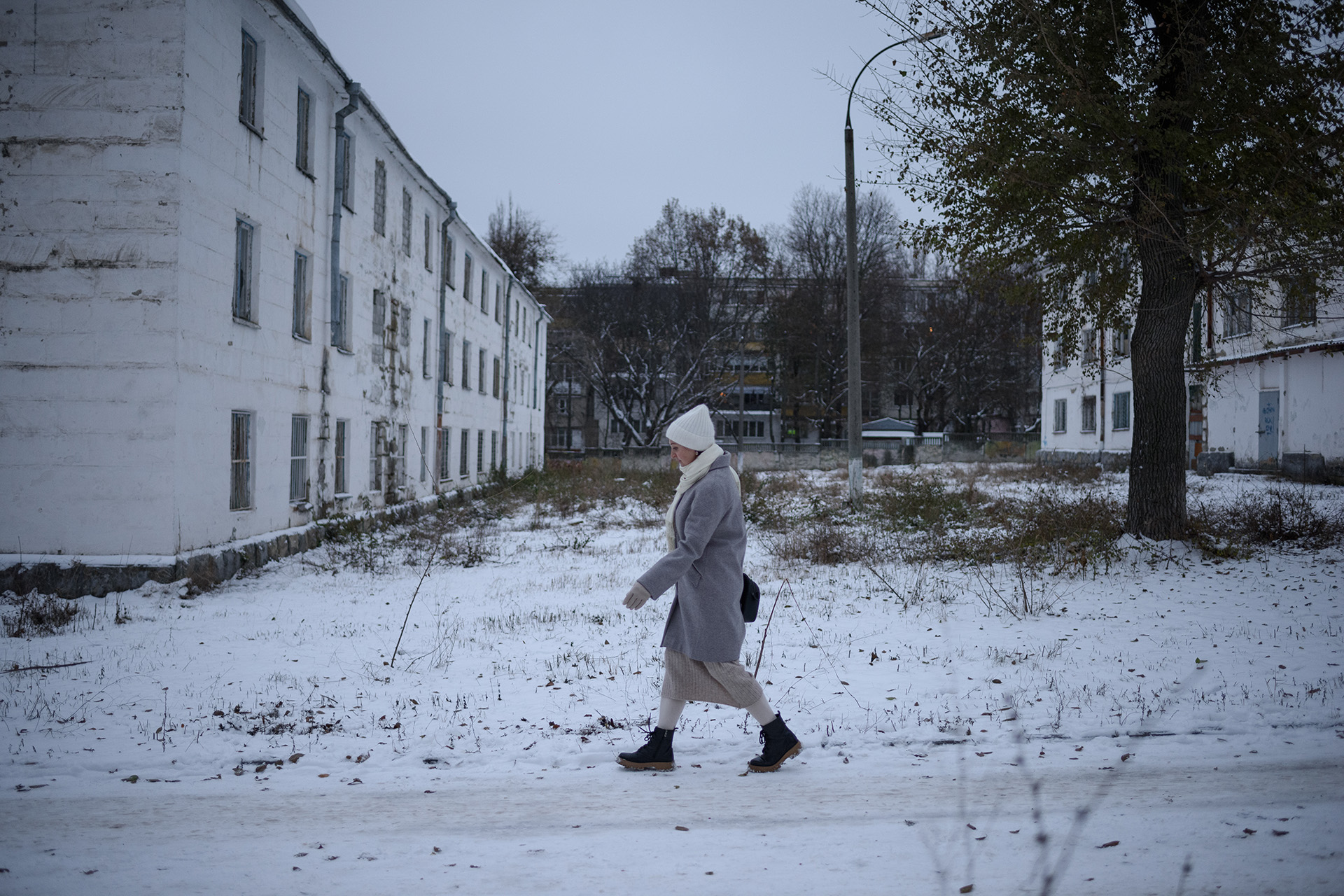
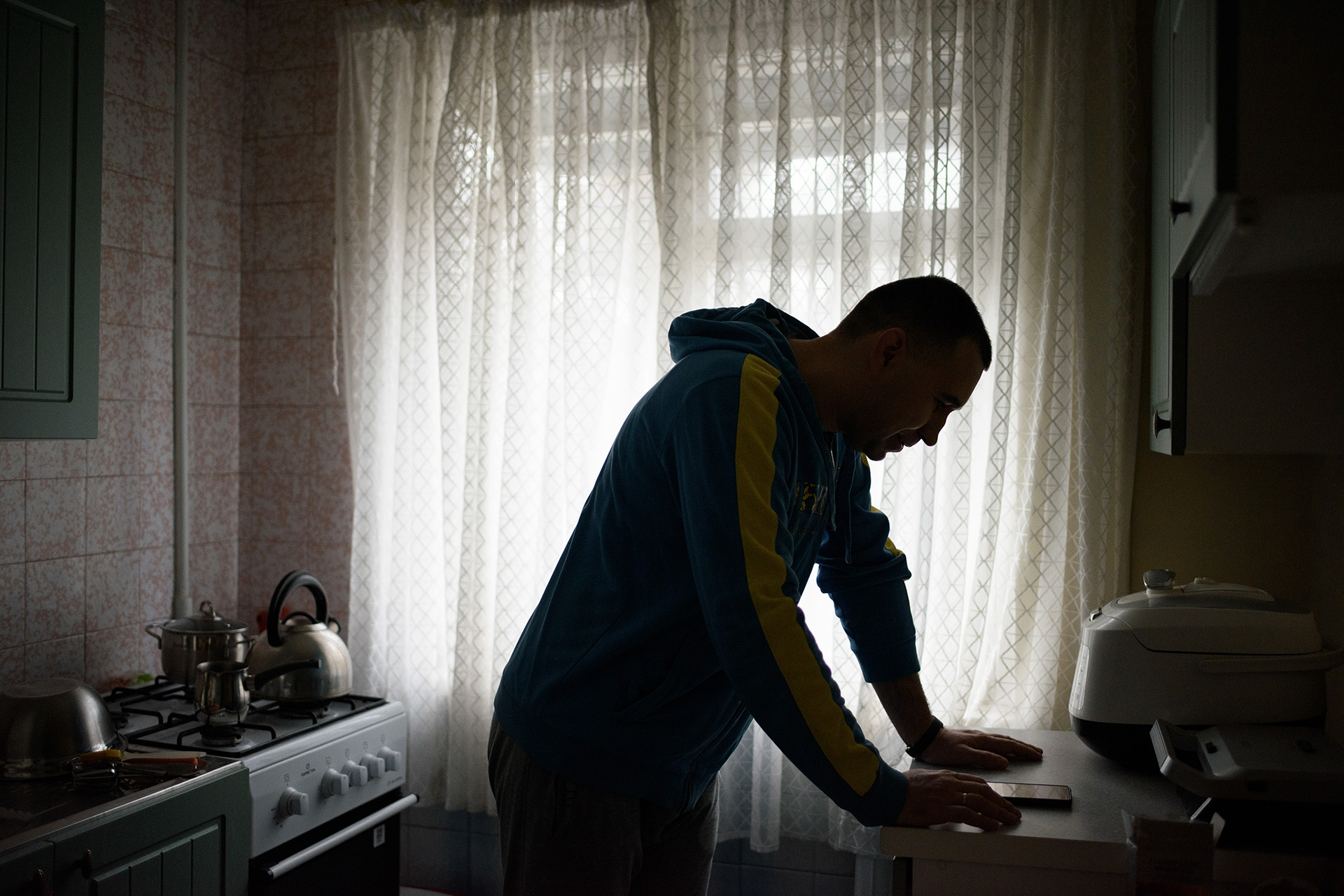
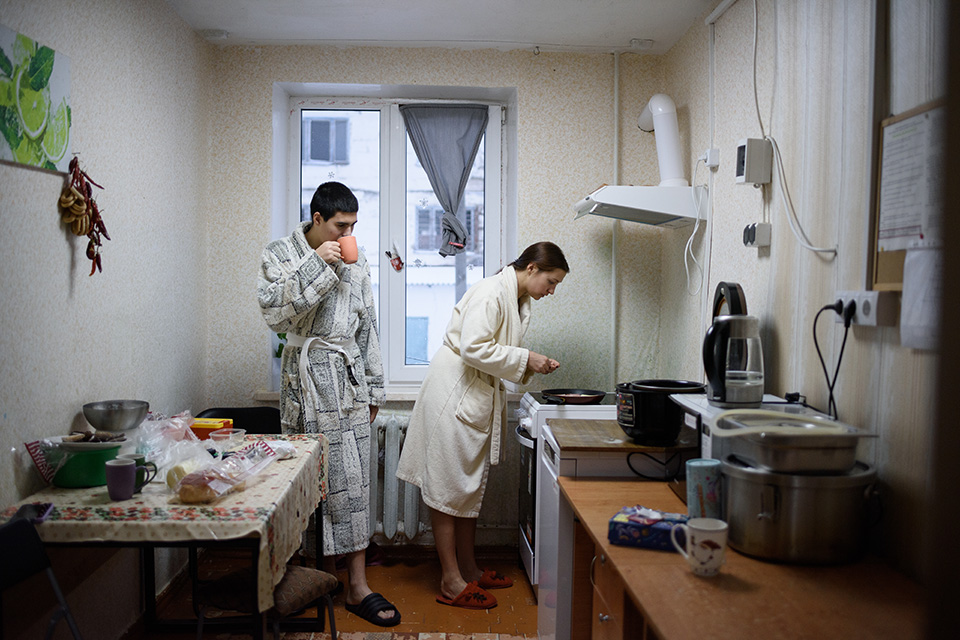
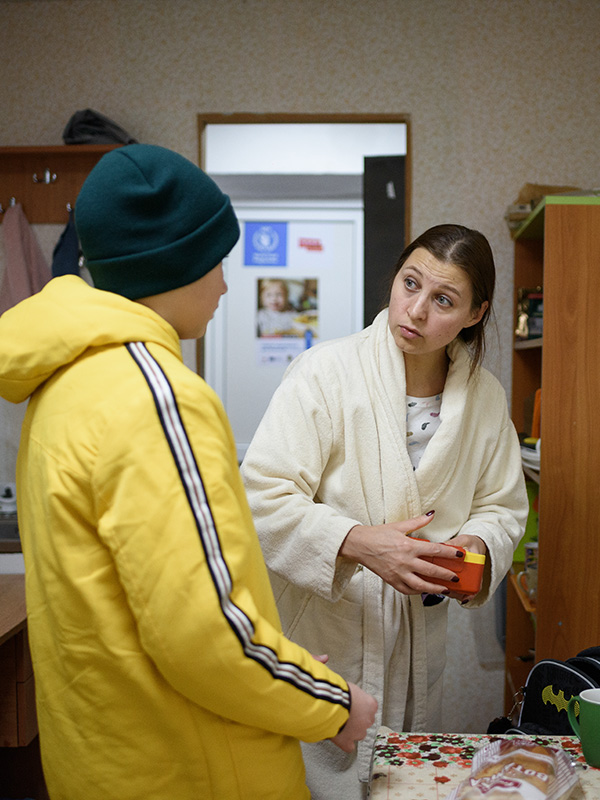
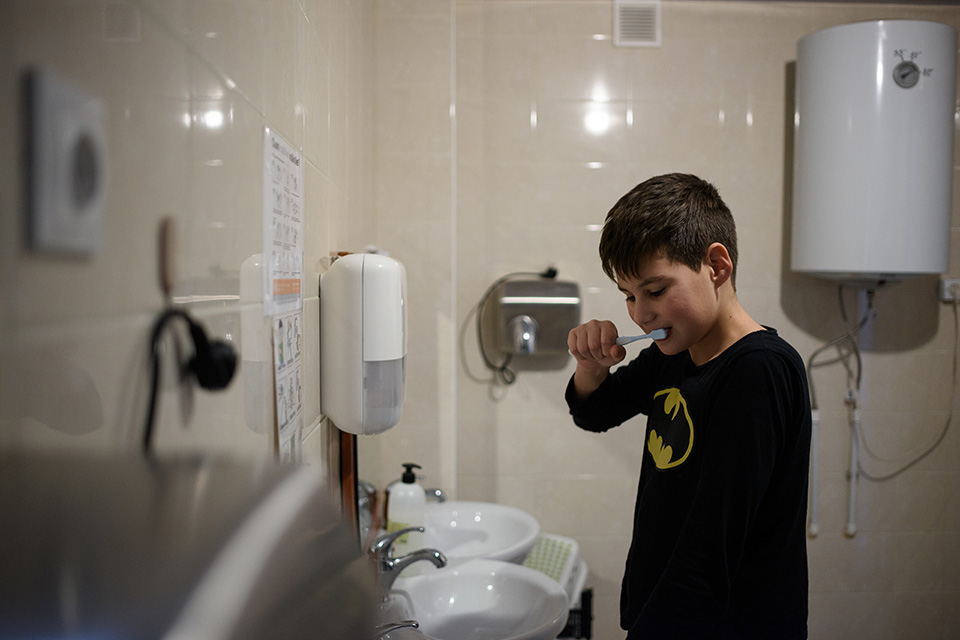
Svetlana gets the children ready for school in their one-bedroom accommodation at a refugee centre in Chișinău. For the first time in 16 years, her husband is living on his own without his wife or children. “I feel the gap very strongly because Ruslan is a very engaged father,” she says.
“What upsets me the most is that I'm not in my children's lives. My boys are growing up, they have a very important and difficult period in their lives, and I am here in Odesa," says Ruslan.
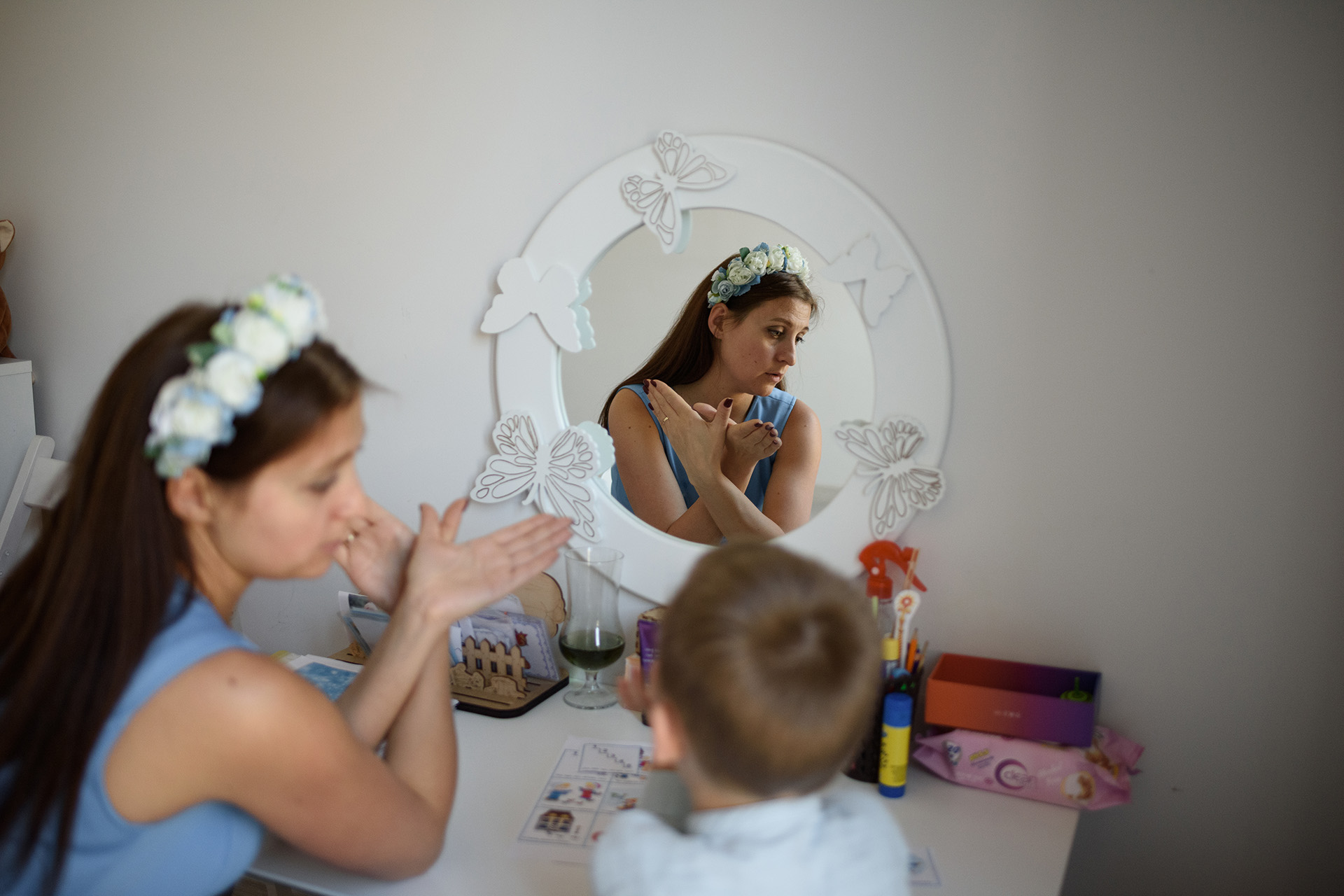
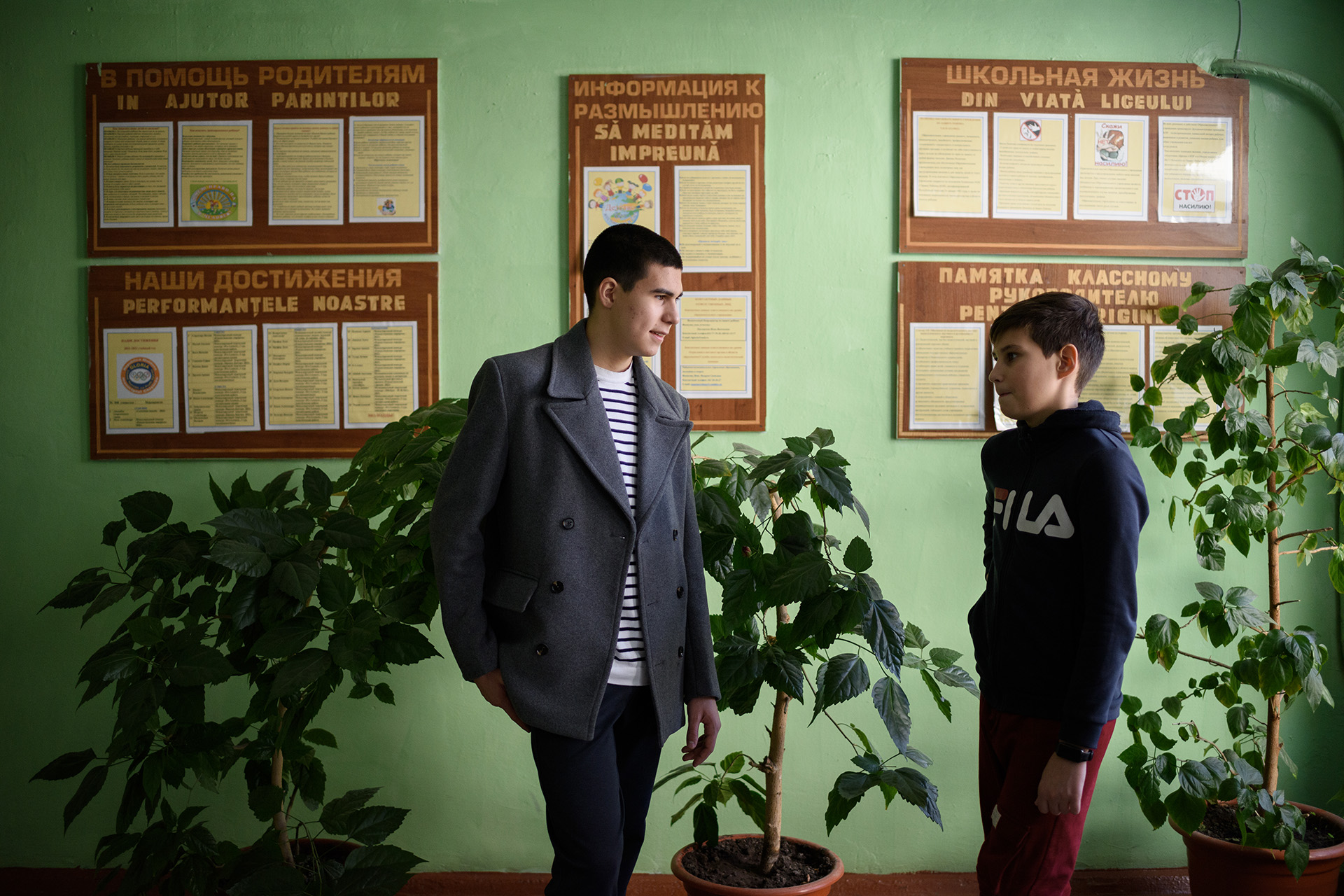
Before the war, the family lived in a cozy apartment in the suburbs of Odesa. They were busy with work and school, making plans for the future. Svetlana and her sons now find themselves among the 6.5 million people – the majority of whom are women and children – who have been forced to seek safety outside of Ukraine. A further 3.7 million people remain internally displaced within Ukraine.
Across Ukraine and neighbouring countries, UNFPA safe spaces are providing expert psychosocial support for people dealing with the impact of exposure to war and displacement. Nearly 10 million people are at risk of acute stress and other mental-health conditions. Among young people, mental-health concerns have nearly doubled.
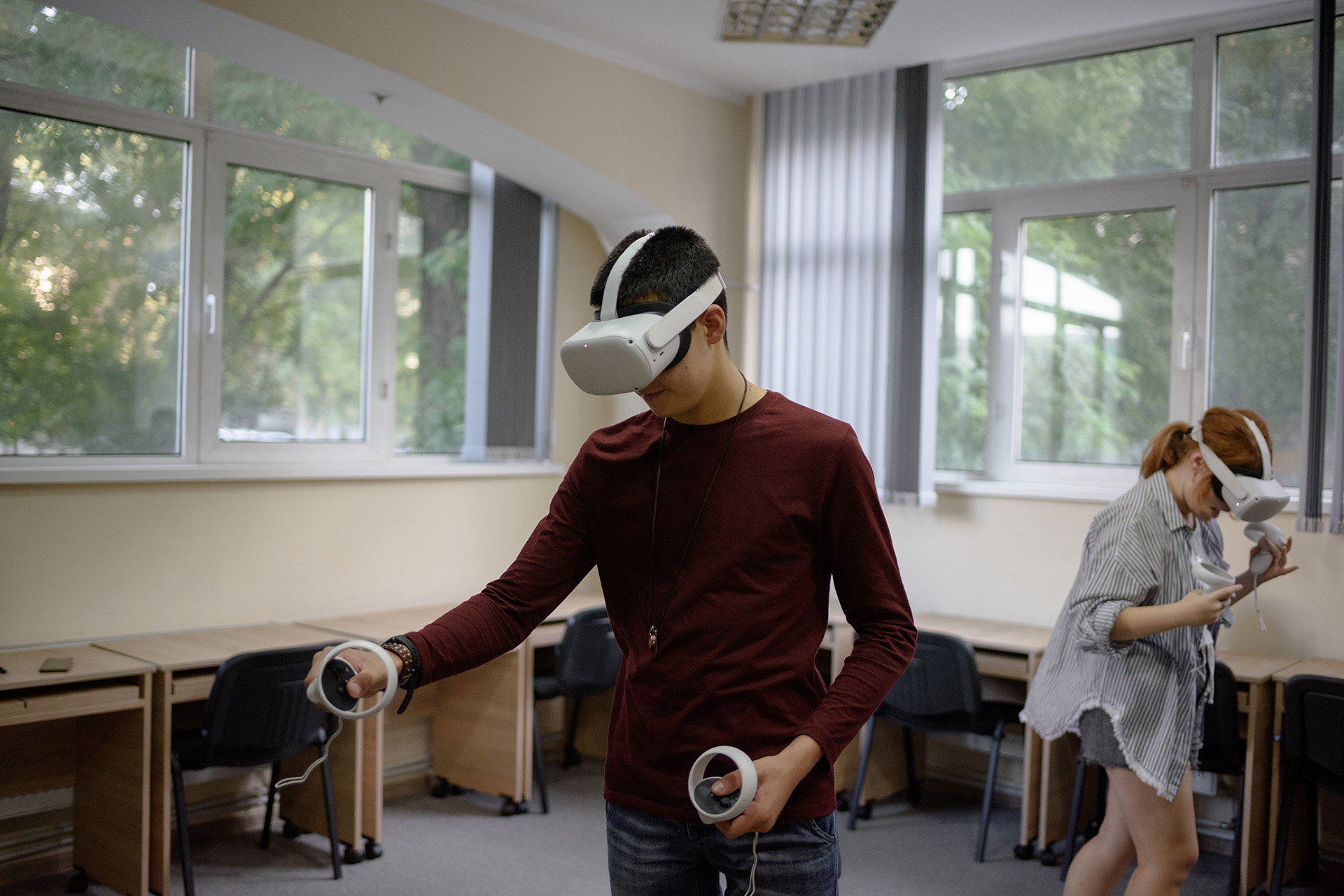
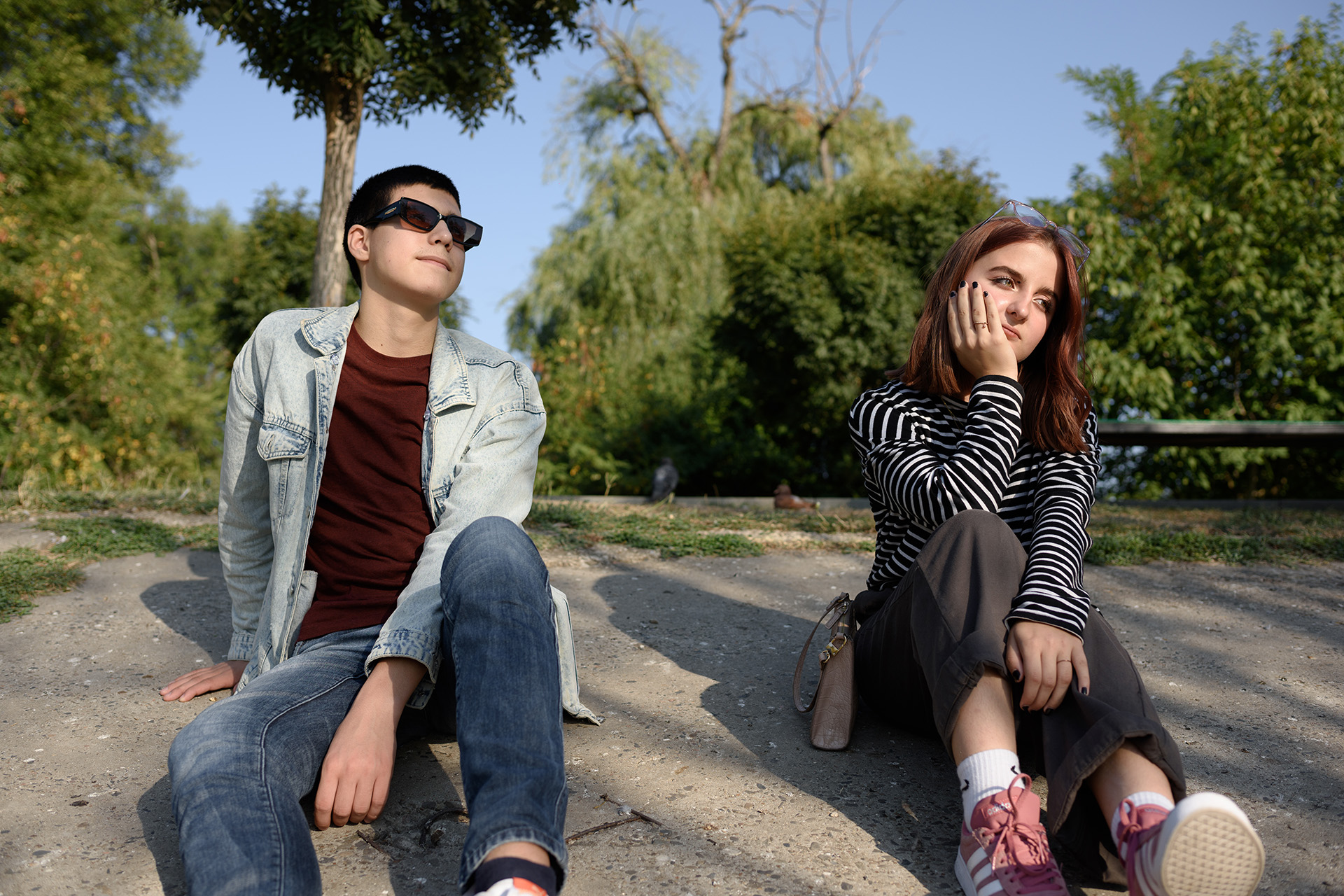
Oleg volunteers at the Millenium Youth Centre almost every day. The centre, which is supported by UNFPA, provides social activities for local teenagers and Ukrainian refugees, and offers psychological counseling and life-skills education. Millennium also runs a UNFPA mobile safe space, reaching out to young refugees in Chișinău and all across Moldova.
“For me, Millenium is like a second home,” says Oleg. “We’ve held different camps with various themes. My favorite was the Harry Potter–style camp. We had quests and interactive activities.” Oleg hopes to study cinematography in college in Odesa. His dad instilled in him a love of film, and he dreams of becoming a director.
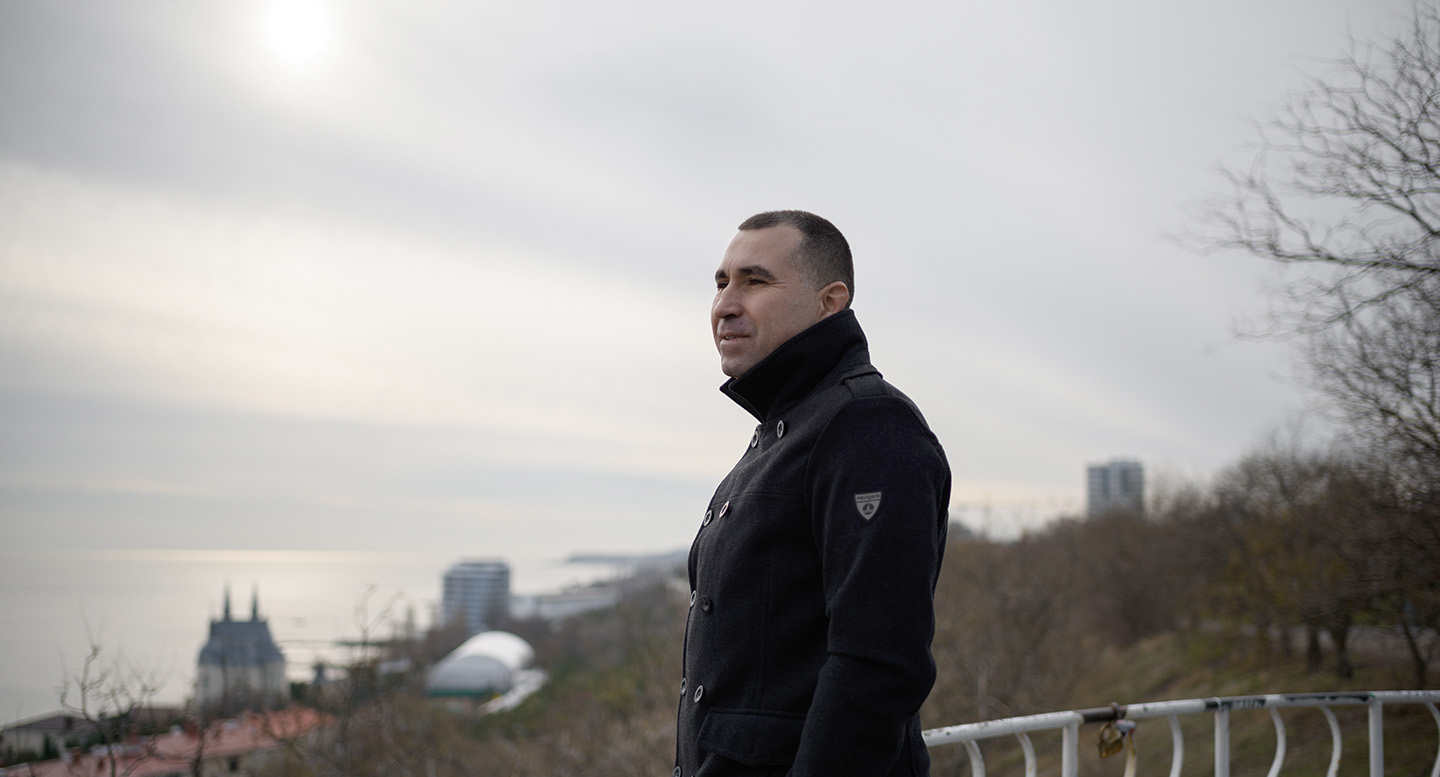
In Odesa, Ruslan has also engaged in creative activities to combat loneliness, mainly painting, and has sought out psychological-support courses. Across the border in Chișinău, both of his children have settled in well at school, and Svetlana has started a job, continuing her career as a speech therapist.
Svetlana and her husband are building networks to support the family through its separation, but “being apart is painful,” she says.
Birthdays, holidays and school plays are particularly difficult. “Our family has been celebrating holidays without my husband, their dad,” says Svetlana. “I captured every moment and used to send him photos every second; the kids snorted at first at my constant proposal to pose for a photo, but now they are used to it and willing to stop and take a picture.”
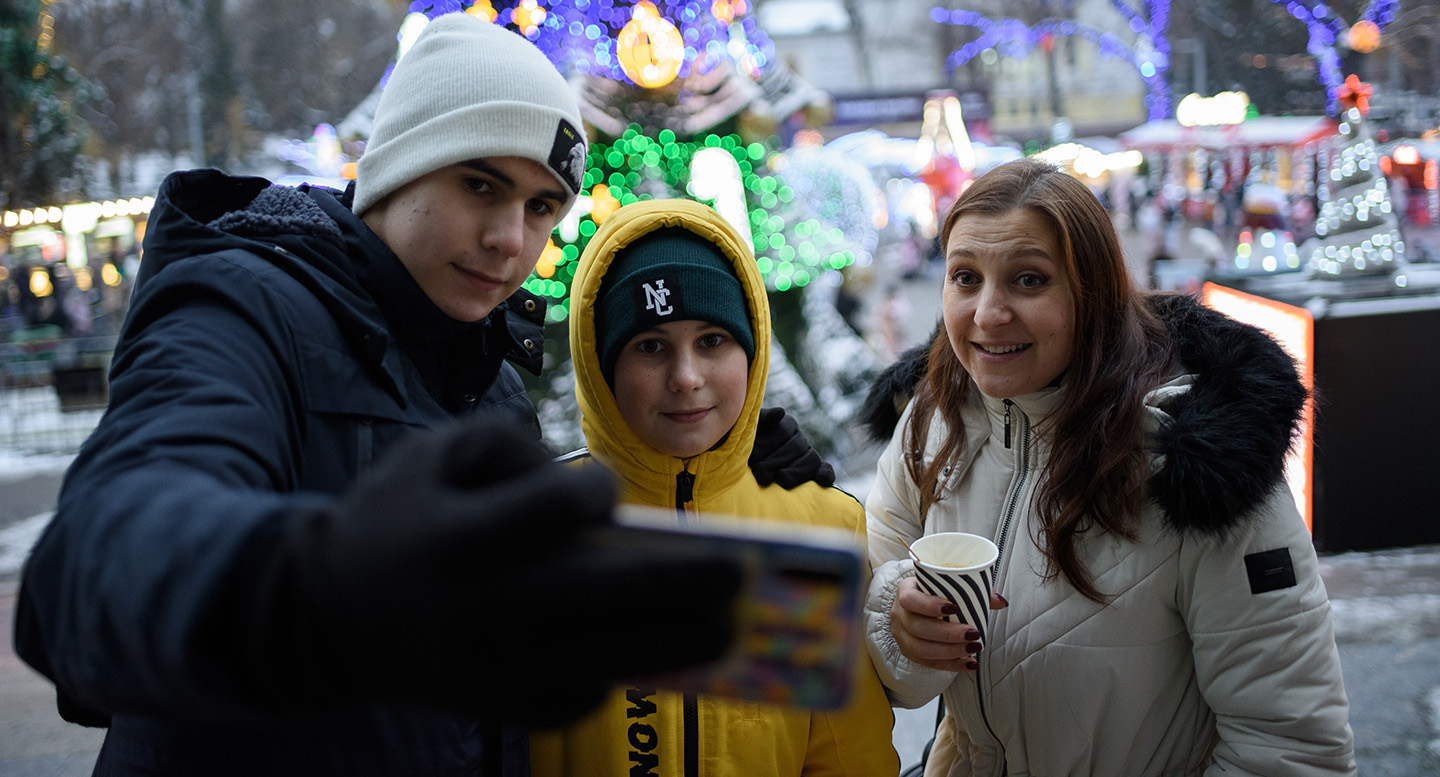
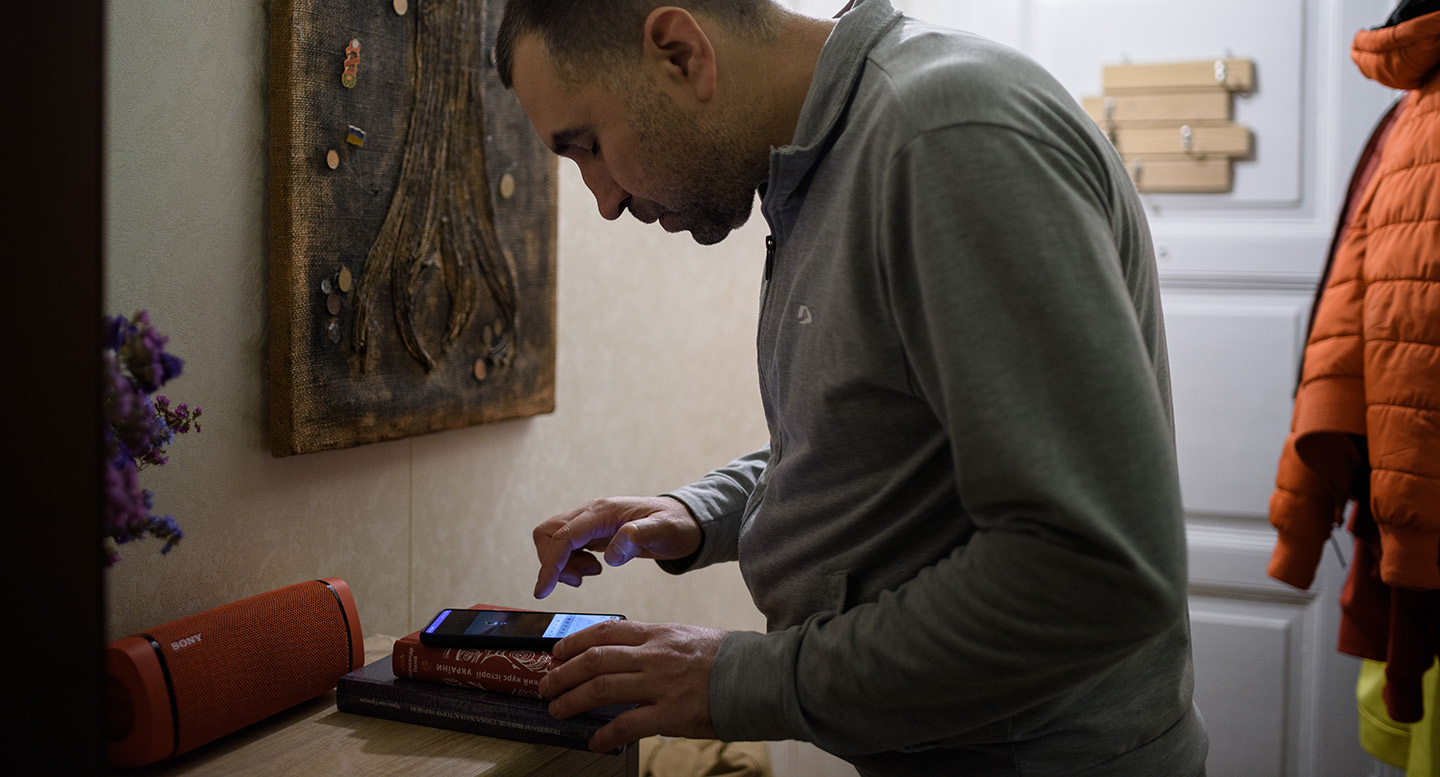
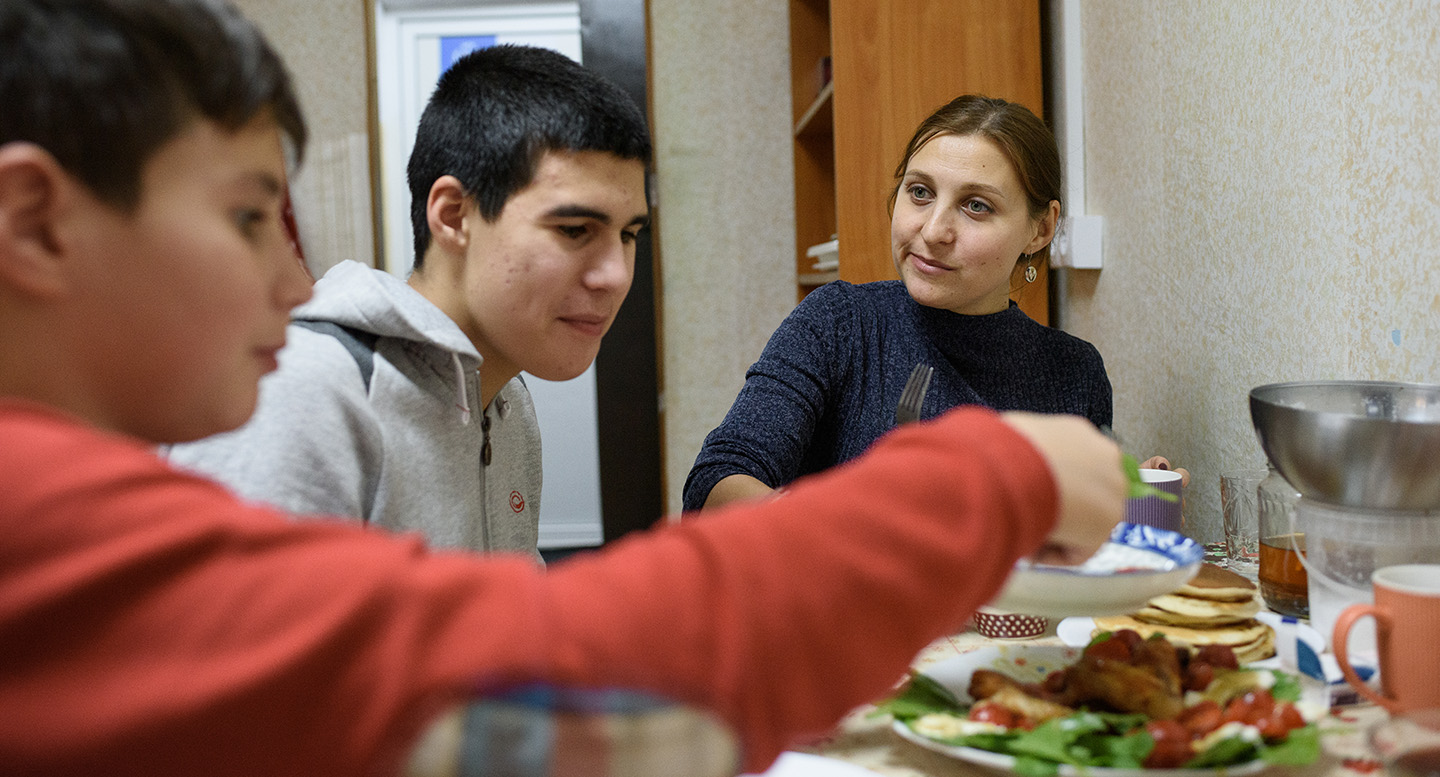
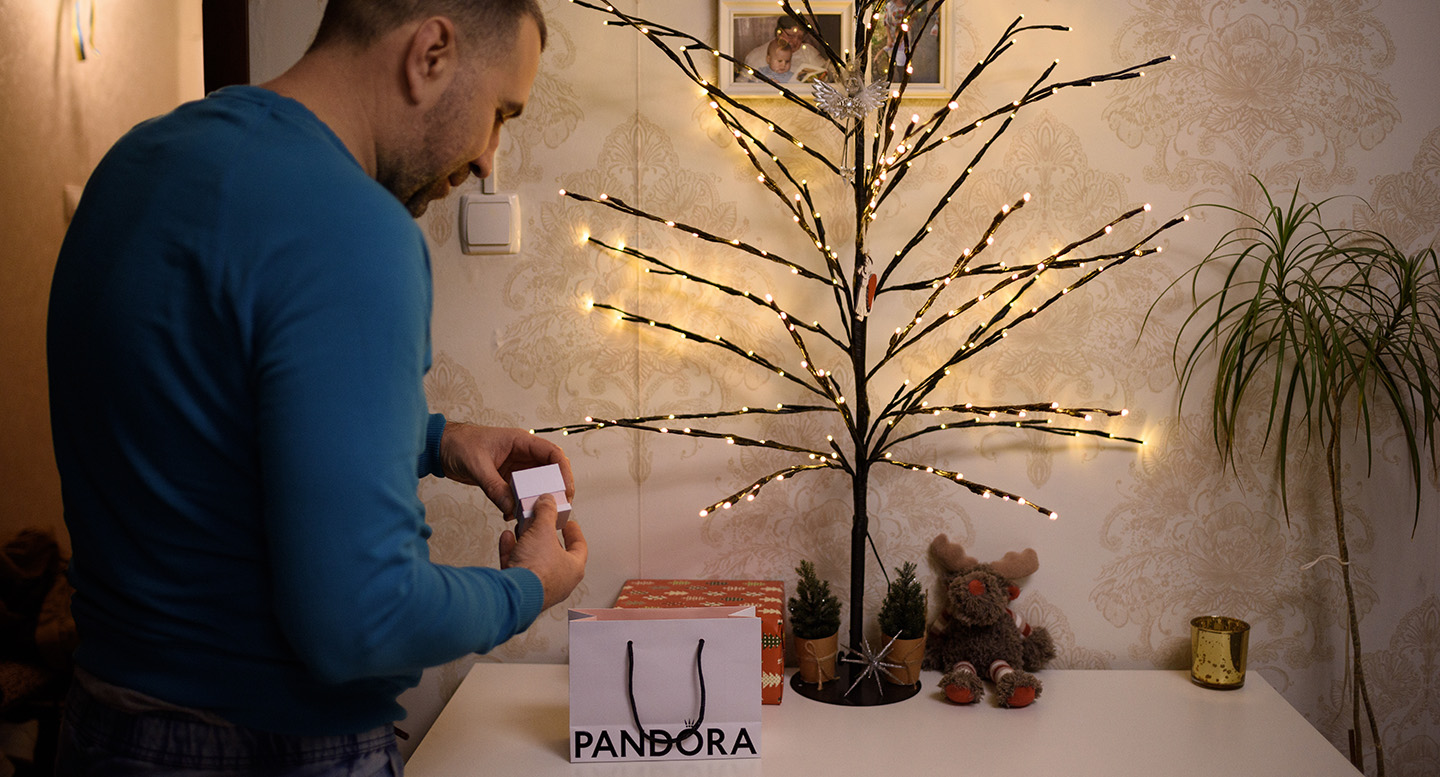
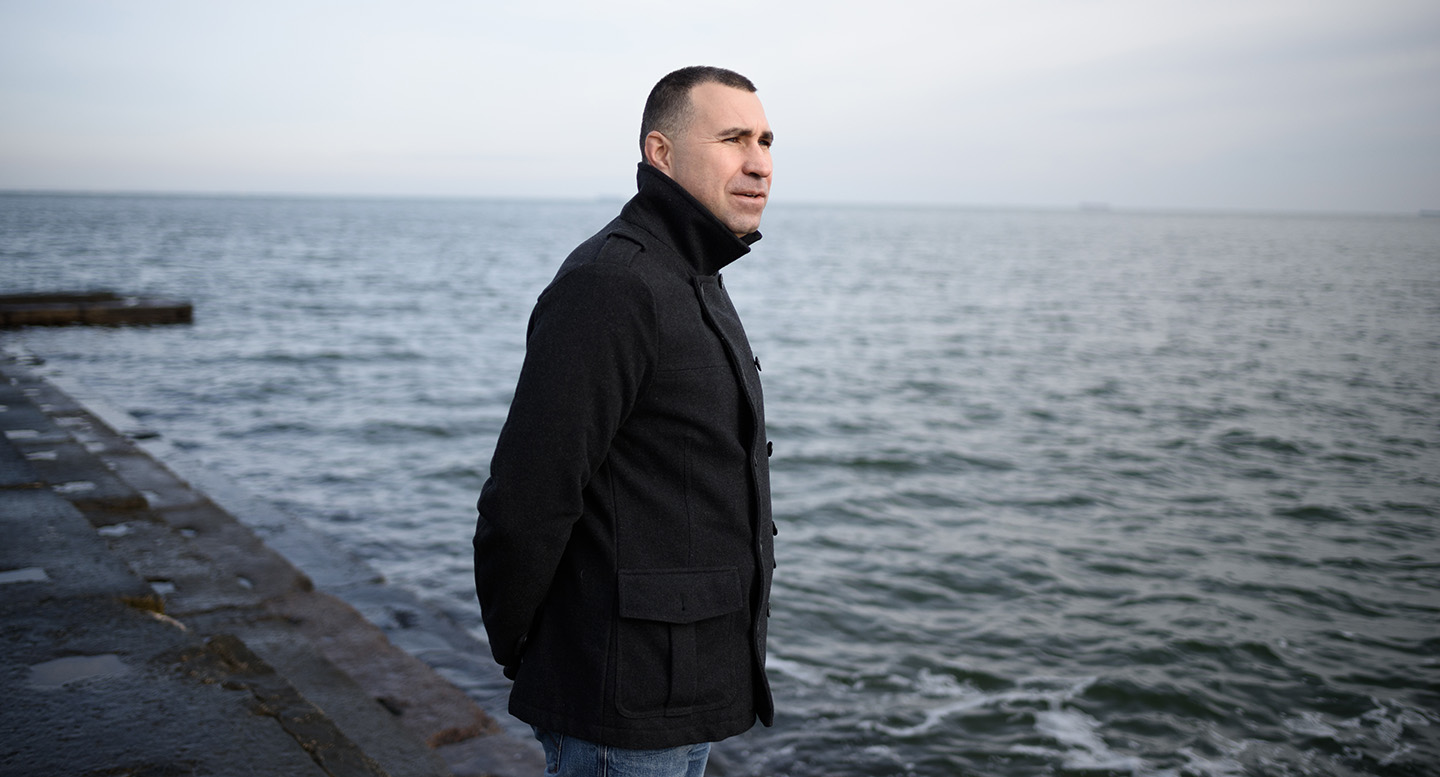
The family dreams of being back together, but the war is not over. However, the separation has not defeated them. “I didn’t expect that distance could make a family stronger,” says Svetlana.
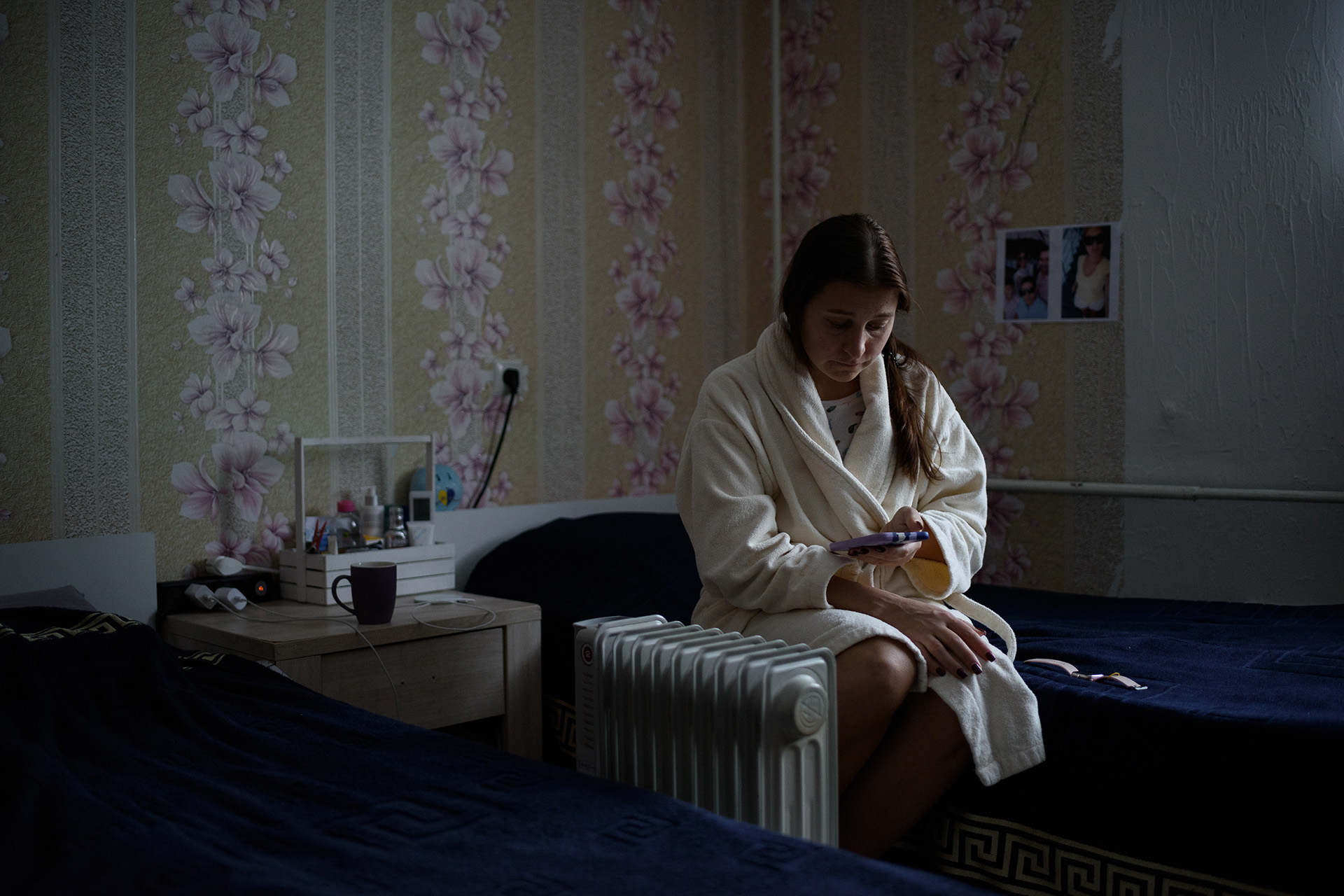
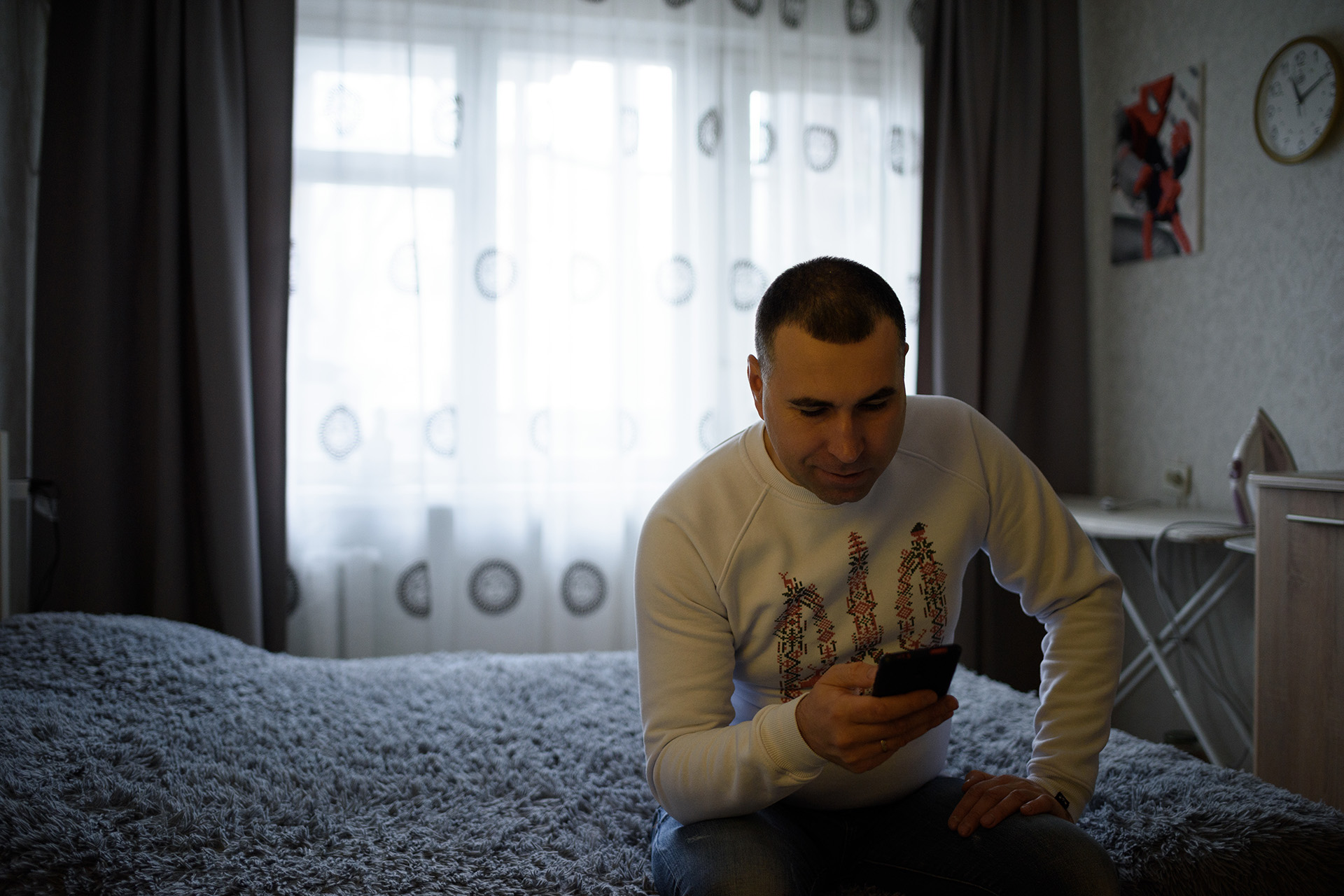
This year UNFPA requires US$94.4 million to respond to the needs of affected people in Ukraine and those who have fled to refugee-hosting countries. The support UNFPA provides includes essential reproductive and maternal-health services, protection services for the prevention of gender-based violence and support for survivors, and psychosocial support and safe spaces to support women, girls and youth affected by the war.
